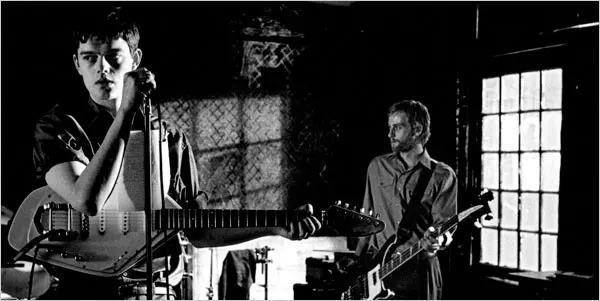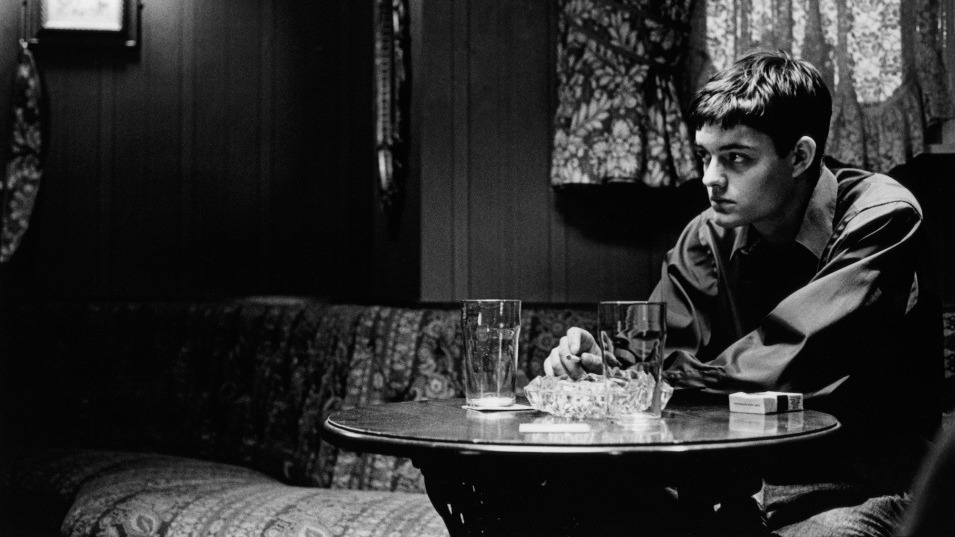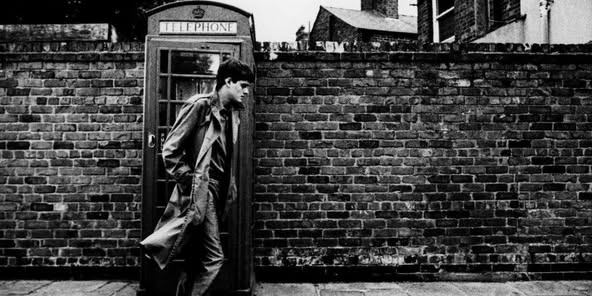Control (2007)

Control (2007) is a biographical film that chronicles the life of Ian Curtis, the lead singer of the iconic British post-punk band Joy Division. Directed by Anton Corbijn, who had previously worked with the band as a photographer, the film offers an intimate and poignant portrayal of Curtis’s life in the late 1970s. Through stunning black-and-white cinematography and an emotionally charged narrative, Control captures both the brilliance and the tragedy of Curtis’s short and tumultuous life.
The film focuses on Curtis’s rise to fame with Joy Division, a band that became one of the most influential acts of the post-punk era. It explores his personal struggles, including his battle with epilepsy, mental health issues, and the pressures of his sudden fame. Curtis’s personal life is depicted with sensitivity, particularly his troubled marriage to his wife Deborah (played by Samantha Morton) and his affair with Belgian journalist Annik Honoré. The film reveals the emotional turmoil that ultimately led to Curtis’s tragic death at the age of 23, just as the band was on the verge of international success.
A major theme in Control is the conflict between Ian Curtis’s public persona as a musician and the private struggles he faced. While on stage, Curtis was an intense and magnetic performer, whose haunting voice and mesmerizing presence captivated audiences. However, off-stage, he was grappling with profound personal issues, including his deteriorating mental health, the strain in his relationships, and the physical challenges of living with epilepsy. The film does an excellent job of portraying this duality, showing the complexity of Curtis’s character and the toll that fame and personal demons took on him.

One of the standout elements of Control is the performance of Sam Riley as Ian Curtis. Riley’s portrayal of Curtis is deeply nuanced and haunting, capturing the singer’s vulnerability, pain, and inner conflict. His physical resemblance to Curtis, combined with his ability to convey the emotional weight of the role, makes Riley’s performance unforgettable. Samantha Morton also delivers a powerful performance as Deborah Curtis, depicting the struggles of a woman who is both in love with her husband and deeply affected by his mental and emotional decline.

The cinematography of Control, which is presented in stark black and white, complements the film’s somber and introspective tone. Anton Corbijn’s background as a photographer is evident in the film’s visually striking composition. The stark contrasts and haunting imagery effectively capture the bleakness of Curtis’s life, mirroring the emotional intensity of the story. The film’s aesthetic choices further enhance its exploration of the dark, often painful aspects of Curtis’s life.

In conclusion, Control is a powerful and tragic film that offers a window into the life of one of the most influential figures in music history. Through strong performances, exceptional direction, and stunning cinematography, the film tells the story of Ian Curtis’s brief but intense life and the profound impact of his music. Control not only honors the legacy of Joy Division but also serves as a reminder of the fragility of life and the complexities of mental health and fame.











